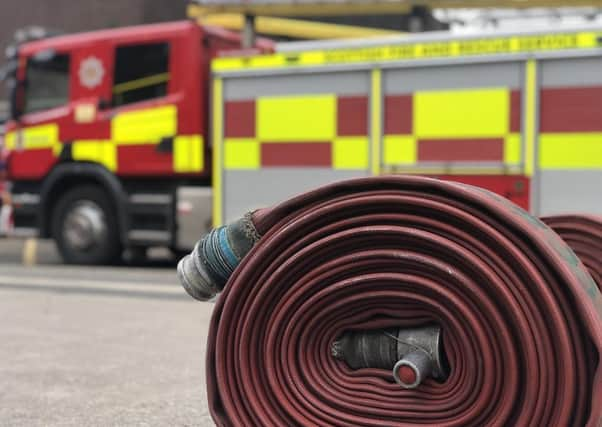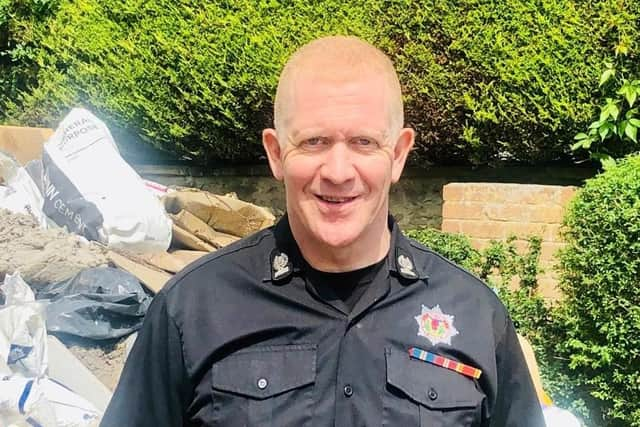Safety campaign launched in Glasgow and East Renfrewshire to deter young fire setters


The Scottish Fire and Rescue Service (SFRS) is urging everyone to enjoy a #SaferSummer2020 as the school holidays officially begin and movement restrictions due to the Covid-19 pandemic start to be eased.
This time of year usually sees a rise in deliberate fire setting, often by children and young people, and the SFRS is keen to highlight the consequences of such behaviour, from damage to property to potential injury and even loss of life.
Advertisement
Hide AdAdvertisement
Hide AdIn the Glasgow City area, between June 24 and August 26, 2019, firefighters responded to 410 ‘secondary fires’ – typically fires in derelict bildings, on grassland or involving refuse.


In the East Renfrewshire, Inverclyde, Renfrewshire area, crews were called out to 135 such fires in the same period.
Although those figures were down compared to the same two-month period in 2018 – 621 and 340 respectively – SFRS Deputy Assistant Chief Officer Alasdair Perry said there was no room for complacency.
DACO Perry said: “During the summer we tend to see a rise in fire setting, often by children and young people.
Advertisement
Hide AdAdvertisement
Hide Ad“These include refuse and wheelie bin fires, fires in stairwells or derelict buildings, as well as grass and countryside fires made worse by hot and dry conditions.
“This presents a very real risk not only to those who set fires but to communities – fires can cause death and injury, spread to nearby buildings, affect the economy and also have a very real impact on areas of natural beauty and wildlife.
“This has been a difficult time for communities and the emergency services are already working hard to keep people safe. Attending deliberate fires not only puts our own firefighters at needless risk but can have an impact on our resources.
“We want everyone to enjoy a safer summer and I would urge parents and carers to discuss the dangers of fire setting with young people in their lives to ensure they are kept safe.
Advertisement
Hide AdAdvertisement
Hide Ad“Be aware of where young people are going and what they’re doing.”
Community Safety Minister Ash Denham added: “I offer my warmest thanks to the Scottish Fire and Rescue Service who have continued to provide an incredible service and support communities through such a difficult time.
“I am very happy to support this SFRS campaign to reduce deliberate fires. Responding to these fires uses up vital firefighter time and resources, which are even more important to protect whilst the Covid-19 pandemic continues.
“I would urge everyone to think how they can help stop deliberate fires being started – by speaking to other people about the real dangers to themselves, their communities and firefighters affected by every fire that needs to be attended.”
Advertisement
Hide AdAdvertisement
Hide Ad• For useful safety guides for parents and carers, go to Fire Scotland – Summer Safety
• You can share your #SaferSummer2020 activities with the Scottish Fire and Rescue Service @fire_scot on Twitter and @ScottishFireAndRescueService on Facebook.
Comment Guidelines
National World encourages reader discussion on our stories. User feedback, insights and back-and-forth exchanges add a rich layer of context to reporting. Please review our Community Guidelines before commenting.